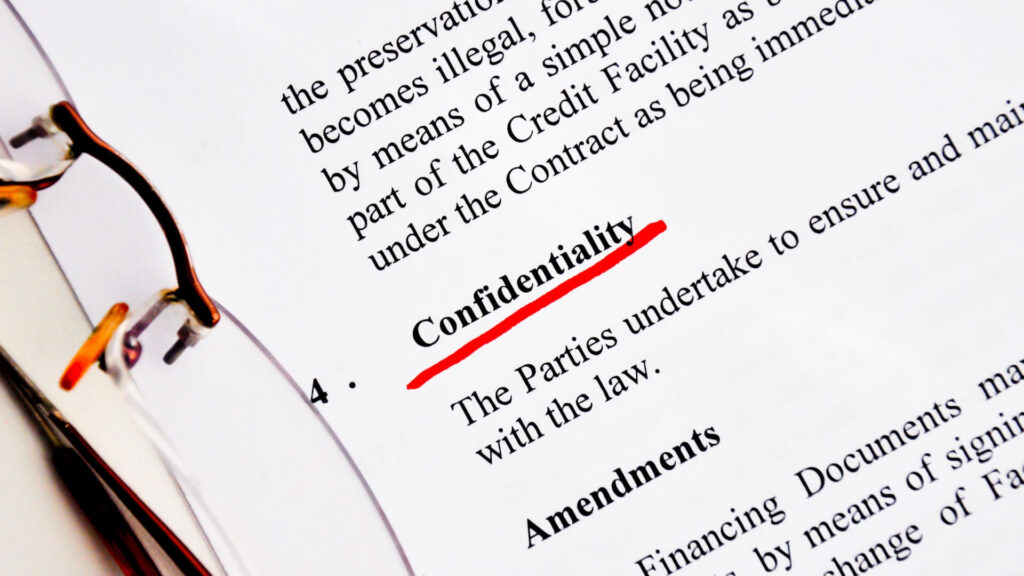When an employee is terminated from their job, they frequently receive a severance package that promises money in exchange for certain restrictions. In order to receive their severance payment, the employee must sign the agreement and consent to its terms. Usually, these packages include non-disparagement provisions that prevent the former employee from “bad mouthing” the company and confidentiality provisions that render the entire agreement – including, most especially, the amount of money the employee receives – secret. And these severance agreements often impose hefty financial penalties and the threat of litigation should the employee violate these promises. This dynamic then chills the former employee from speaking out about their employment and termination, including with employees who remain with the company.
On February 21, 2023, the National Labor Relations Board (NLRB) handed down a historic decision that could drastically change this one-sided dynamic. In a decision known as McLaren Macomb, the NLRB decided that severance agreements containing broad non-disparagement and confidentiality provisions are unlawful under the National Labor Relations Act (NLRA) because they interfere with employees’ rights.
More specifically, the NLRB found that the non-disparagement provision in that agreement was overly broad because it restricted the former employee’s ability to speak out about any labor issue, dispute, or term or condition of employment concerning the employer. The NLRB similarly found the confidentiality provision unlawful because it prevented the former employee from disclosing the terms of the severance agreement to any third person, which in turn would preclude the employee from alleging an unfair labor practice, assisting the NLRB in an investigation against the company, or exchanging information with a union or former coworkers who may be offered such an agreement in the future.
Interestingly, the NLRB also determined that an employer’s mere offer of a severance agreement with non-disparagement and confidentiality clauses to employees was itself unlawful, regardless of whether or not the employee actually accepted the agreement. The NLRB found that such an offer has a coercive effect, because employees are enticed to accept settlement benefits with unlawful conditions attached.
So what does this mean for employees going forward?
First, severance agreements in general are still valid, even when they ask employees to waive future legal claims against the employer. Only the non-disparagement and confidentiality aspects of these agreements may be invalid.
Second, these changes do not apply to all employees. Only private sector employers are covered; public sector employers are exempt from the decision. Likewise, management-level employees such as executives and supervisors are not impacted. Such higher-level employees can still be subject to non-disparagement and confidentiality agreements in exchange for their severance benefits.
Finally, the decision does not prevent an employer from protecting its trade secrets through a properly worded severance agreement. Employees can still be prohibited from disseminating private company information when receiving a severance payment.
The McLaren decision is new and as yet mostly untested in terms of whether courts will invalidate non-disparagement and confidentiality provisions in certain severance agreements. If an employee is presented with a severance agreement containing one of these provisions, it would be wise to consult an employment attorney to determine its validity. The lawyers at Garrison, Levin-Epstein, Fitzgerald, & Pirrotti are happy to help review such agreements and advise you of your rights. Feel free to reach out to us.
